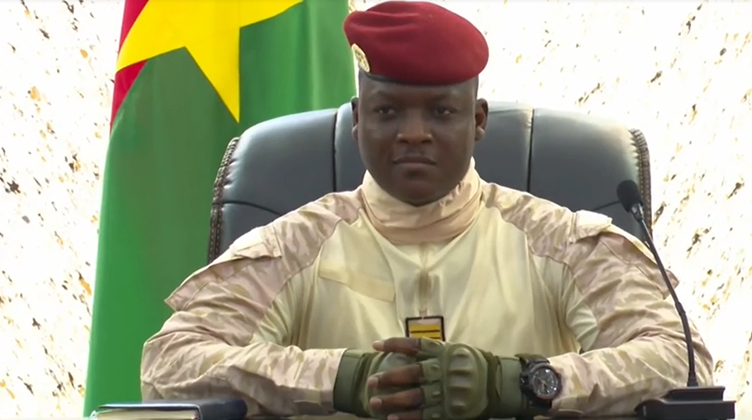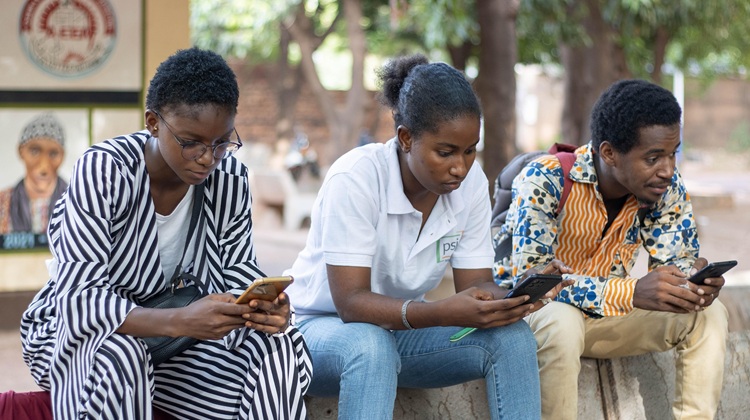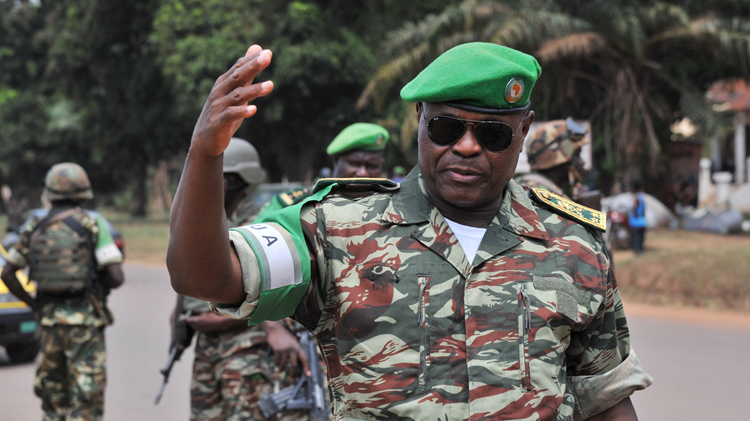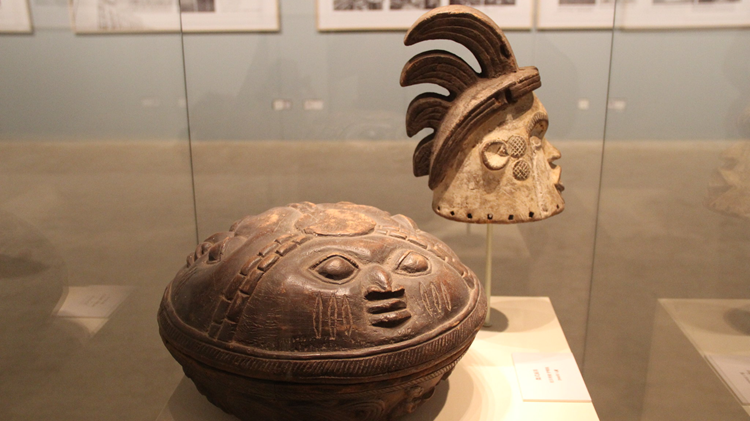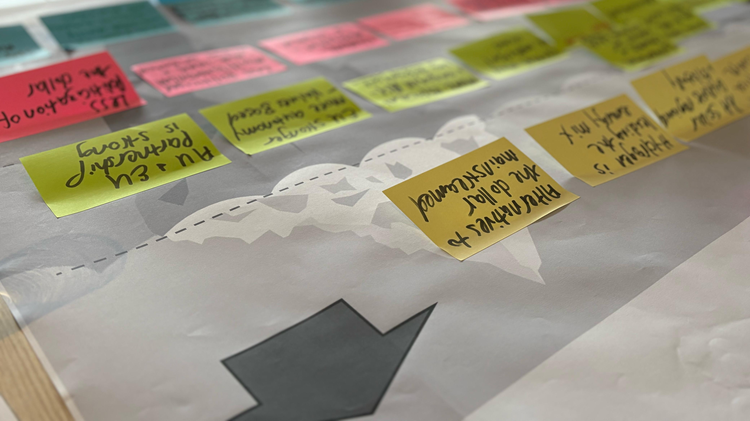Home front first: Africa's foreign policy must serve domestic priorities
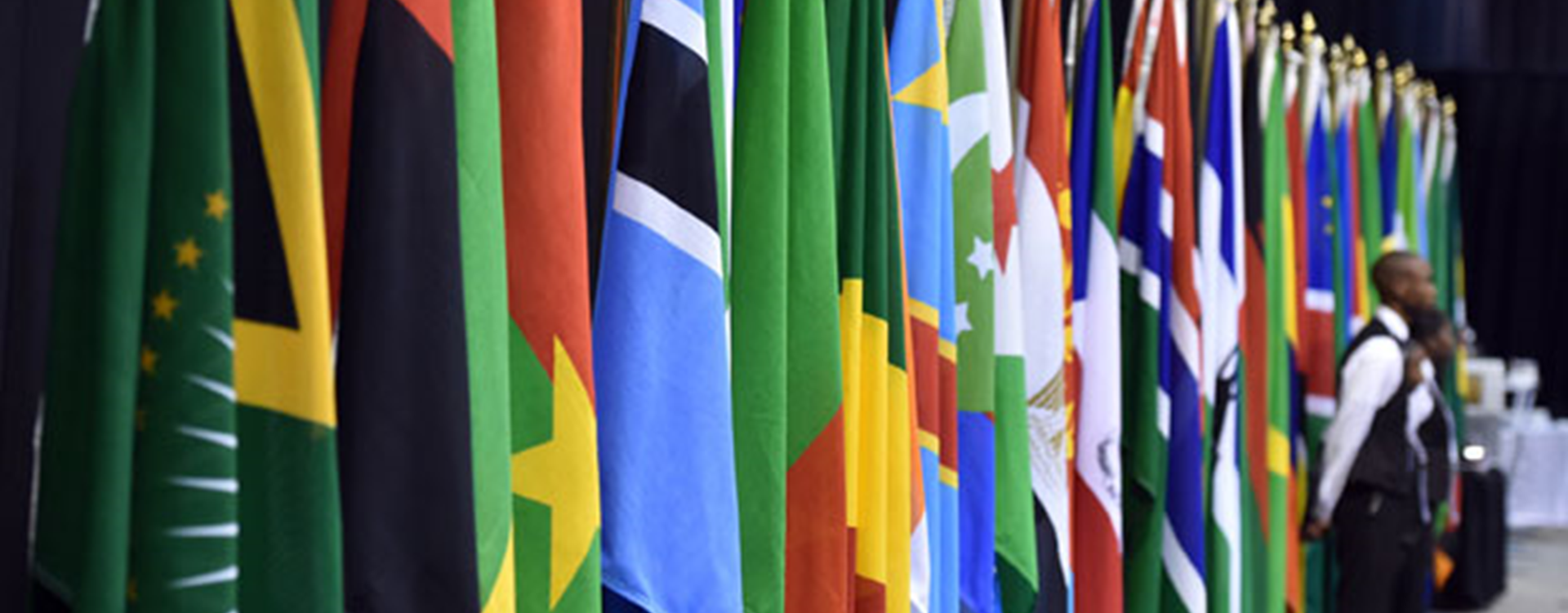
By prioritising internal challenges, Africa can develop a stronger foundation from which to exercise meaningful influence in global affairs.
The international order is being challenged by tensions between countries that historically benefited from political liberalism, global trade and free market economics (the West or Global North) on the one hand, and emerging Global South powers— particularlty the BRICS+ group that consists of Brazil, Russia, India, China, South Africa, Iran, Egypt, Ethiopia and the United Arab Emirates.
In today’s divided world, major and middle powers in both the Global North and South are courting Africa, as demonstrated in the plethora of summit meetings and pledges of billions of dollars’ worth of investment (which may or may not materialise). More than twelve different Africa summits are now held with external partners, the most recent of which have been with China and Indonesia.
In today’s divided world, major and middle powers in both the Global North and South are courting Africa
The Beijing Forum on China-Africa Cooperation in September 2024 saw Chinese President Xi Jinping pledge US$50 billion in financial support to the continent over the next three years. It follows in the wake of the US pledge to commit US$55 billion over three years to shared priorities and in support of the African Union's (AU) Agenda 2063, made at the 2022 US–Africa Leaders' Summit in Washington DC, and Japan's commitment to mobilise US$30 billion at the 2022 International Conference on African Development (TICAD) in Tunisia and the 2024 Ministerial Summit in Tokyo in August 2024. The Russia-Africa Summit, convened by Russia’s President Vladimir Putin in July 2023, proposed a host of collaborative and consultative arrangements and offered free grain to Burkina Faso, Mali, Eritrea, the Central African Republic and Zimbabwe.
Perhaps most importantly, given a shared history and the value of trade, is Africa's relationship with the European Union. The last EU-Africa Summit took place in Brussels in February 2022 that agreed on a joint vision for a renewed partnership, including an Africa-Europe Investment Package of EUR150 billion. The next summit is planned for 2025.
According to the AU, such partnerships aim to enhance Africa's international standing and global leverage. By prioritising these relationships, particularly with emerging powers in the Global South such as Indonesia, Africa seeks to strengthen its position on the world stage and maximise its impact in international affairs. Proponents argue that the proliferation and revitalisation of the partnerships serve as evidence of Africa's growing prominence in the global arena and its strategic approach to achieving continental objectives through multilateral cooperation, offering Africa additional leverage opportunities.
In theory, having more partners provides Africa with additional options to negotiate and choose from, thereby increasing its bargaining power, decision-making autonomy and strategic flexibility in international relations.
There is, however, little evidence that these efforts have ameliorated interference in Africa. The wave of coups in the Sahel region has, for example, resulted in an alliance between ‘coup governments’ backed by security guarantees from Russia to establish the Confederation of Sahel States, which poses a challenge to both the AU and ECOWAS.
Some argue that Africa has a unique opportunity to help shape a future world order, owing to its demography, critical minerals and importance in diplomatic and geopolitical alliances—since it can actively be advocating for more equitable representation within these various partnerships on top of advocating for the same within key international institutions, such as the UN Security Council. The multiplicity of engagements thus enhance Africa’s agency in global affairs.
In pursuit of a global system fit for the future, the AU can deploy its Common African Positions, such as the Ezulwini Consensus and the Sirte Declaration. These outline Africa's position on UN reform including reform of the UN Security Council—demanding permanent representation with veto rights, increased non-permanent seats and AU-led selection of African representatives. Such documents illustrate Africa's commitment to multilateralism while aiming to address historical injustices and ensure inclusive representation and meaningful participation in global governance structures.
However, given Africa's diversity and complexity, common African positions are few and far between. Crafting them is often a costly and laborious process, which, once set, bring a rigidity to reform. They may also divert attention from Africa's internal pressing peace and development priorities.
Given Africa's diversity and complexity, common African positions are few and far between
Rather than striving for continent-wide positions and action, an introspective strategy—that prioritises domestic development and peace—is the most effective means to enhance Africa’s geopolitical agency, complemented by a more strategic engaging with key partners. The continent must focus on strengthening its own institutions, resolving internal conflicts and building economic resilience before committing significant resources to broader international issues where its interests are not at stake.
By addressing internal challenges first, Africa can develop a stronger foundation from which to exercise meaningful influence in global affairs and protect its strategic interests. A more pragmatic and dynamic approach is needed, where the multitude of external engagements complements the pursuit of domestic African peace and development.
Africa should only commit to foreign policy support on matters where its interests are directly at stake. It should invest time and energy in pursuing common positions on issues that hinder the continent's ability to achieve peace and development—like meddling by external actors from the Gulf states.
Early prevention of new conflicts and timely response to ongoing wars in Sudan, Ethiopia, the Democratic Republic of Congo, Libya and other conflict situations need to take pride of place in the Pan-African agenda. Reform of the World Bank, the International Monetary Fund and operationalisation of the World Trade Organisation directly impact Africa's development priorities—so require continental action.
Additionally, pursuing global tax reform, reducing sovereign borrowing costs, addressing debt relief, pursuing simplified access to private capital and climate financing, and establishing common standards for infrastructure development are also crucial. These targets are not only more realistic but also impactful in improving the human condition vital for Africa.
As part of a strategic foreign policy aimed at the future, African states should formulate and reach a consensus on a standardised set of transparency and project execution guidelines that would be uniformly applicable to foreign investors and countries operating in Africa. These criteria must encompass public consultations and sustainability benchmarks. The requirements should be clear, simple and publicly available, with all subsequent agreements disclosed and publicly available.
The AU should lead in developing a binding protocol that spells out a standardised set of transparency and project execution guidelines, followed by domestic enactment and implementation
The AU should lead in developing a binding legal protocol that spells out these requirements, followed by domestic enactment and implementation. Strict regulatory and enforcement mechanisms should accompany such a protocol which should governs all foreign investment and sovereign loan agreements in Africa.
Initiatives such as the reform of African and international peace and security architectures and the effective implementation of both the African Continental Free Trade Agreement and Agenda 2063 should take pride of place. With clear continental priorities, Africa can forge specific beneficial partnerships while removing requirements that constrain African agency, ultimately contributing to a more inclusive and stable international order.
Image: Government ZA/Flickr


